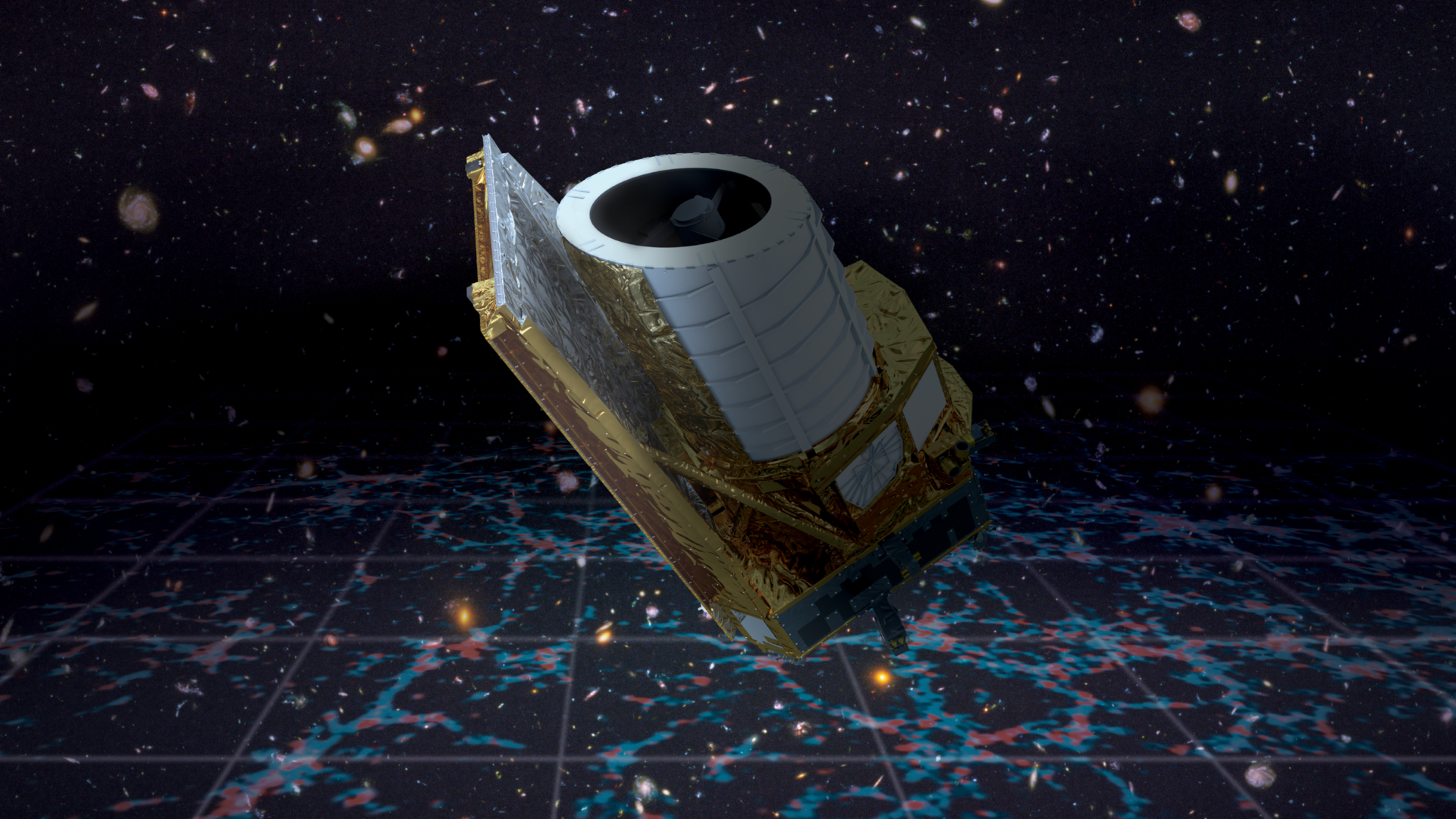Anomalies Found in ESA's Euclid Space Telescope Launch
Key Highlights :

The European Space Agency’s (ESA) Euclid space telescope launched from Cape Canaveral on July 1, and while the launch passed smoothly, mission control soon discovered a few anomalies with the telescope's star navigation system and sun protective devices.
The telescope's Fine Guidance Sensor (FGS) is an apparatus that helps orient the telescope, and it failed to track faint stars. Engineers had exhaustively tested the FGS before launch, but real space conditions are very difficult to simulate and cosmic rays may have interfered with the device. Mission control extended Euclid’s commissioning phase in order to write up a software update that addressed the system's anomaly, and ESA is optimistic that this update has fixed the problem.
However, another issue soon arose. Euclid’s Visible Light instrument (VIS) occasionally seemed to be picking up strange streaks of light. Mission control soon found the culprit: The sun. Euclid is located at the Sun-Earth Lagrange Point 2, and while a sunshield was in place to protect the telescope, a tiny amount of light reflected off one of Euclid’s thrusters and evaded the sunshield. This stray light pops up in around 10 percent of VIS’s images, and it remains to be seen how much of an impact this will have on the mission.
Overall, the Euclid launch has been successful, and mission control is optimistic that the anomalies with the star navigation system and sun protective devices have been addressed. The next step is to observe how the telescope performs in space and see if it can live up to its potential.
